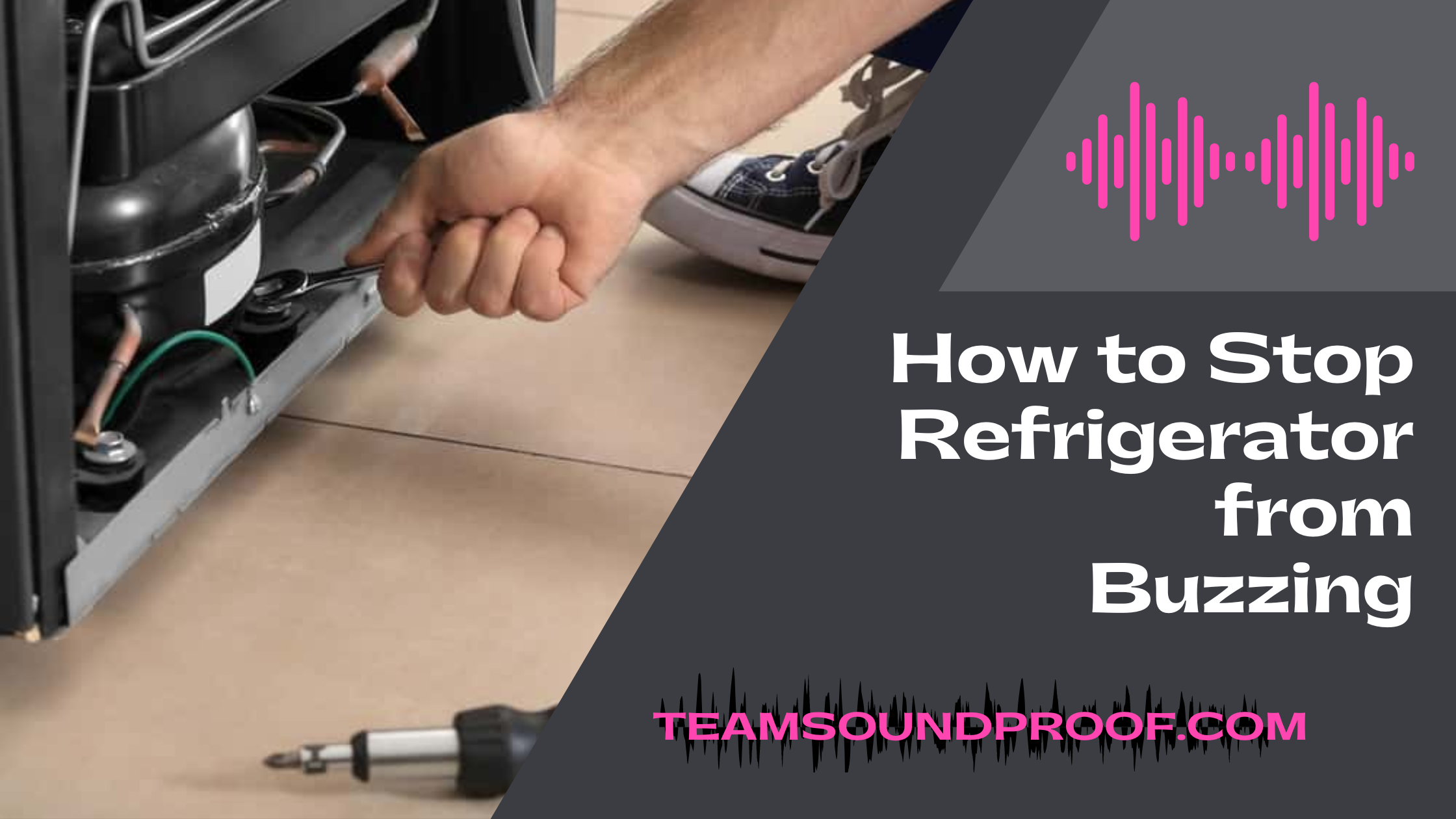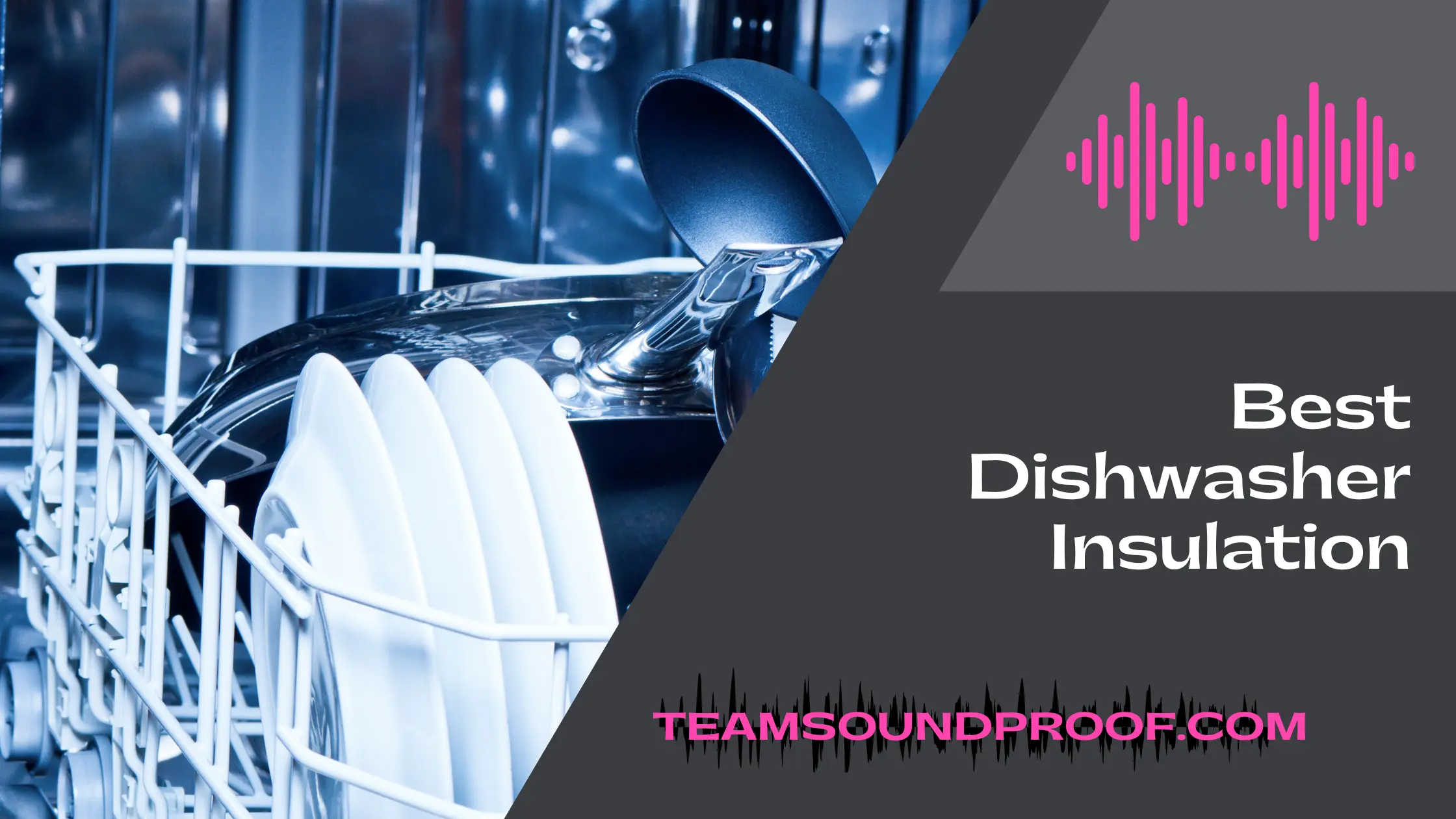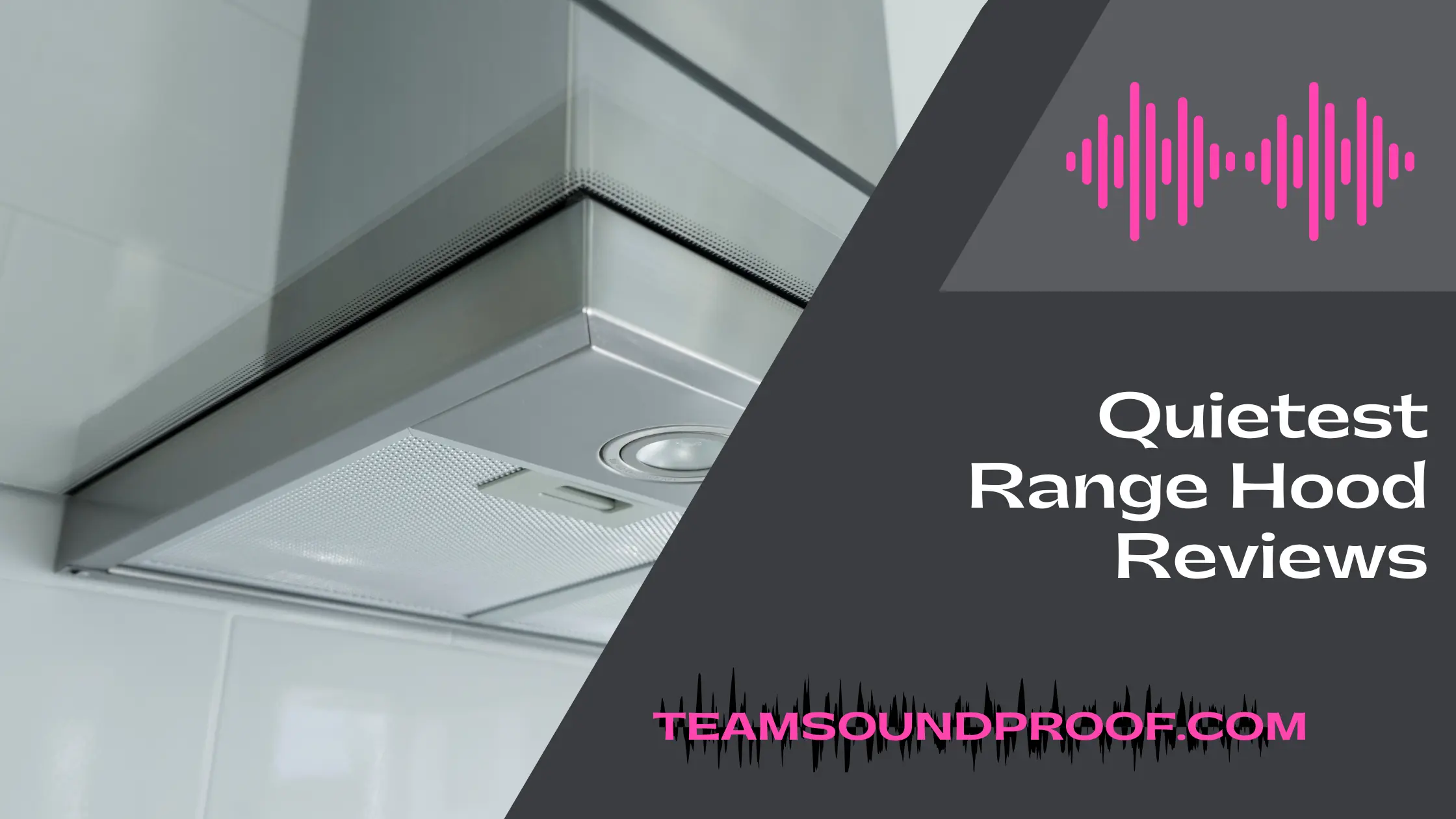Have you ever been in the kitchen, cooking dinner, when all of a sudden you hear a loud ‘whoosh’ and feel a blast of heat on your face? If so, you’ve experienced firsthand the joys of using a gas oven.
While gas ovens are more efficient than electric ones, they also produce a lot of noise. Here, we’ll take a closer look at why gas ovens sounds like a blowtorch and offer some tips for minimizing the sound. Stay tuned!
Why Does the Gas Oven Sound Like a Blowtorch?
There are a few reasons why your gas oven might sound like a blowtorch.
- When gas is used to heat things up, it produces a sound that can be compared to a blowtorch. This is due to the fact that gas is being forced through a small opening at a high speed.
- The size of the opening in the oven also contributes to the noise level. The smaller the opening, the more noise it will make.
- Another factor that determines how loud the oven will be is how much gas is being used. If more gas is used, then the noise will be louder.
- Additionally, if the oven is old or hasn’t been maintained properly, this can also cause it to make more noise than normal.
- Finally, sometimes there may be something lodged in the oven’s burner that is causing the noise. This can happen if food or other debris falls into the burner while the oven is in use.
How to Reduce the Noise from Your Gas Oven?
If you’re looking for ways to reduce the noise coming from your gas oven, there are a few things you can try. Here are 5 potential solutions:
- Check the feet of the oven. If they’re not level, that could be causing some rattling and vibrations. Trying leveling them out to see if that helps reduce the noise.
- Make sure there’s nothing touching or leaning against the oven that could be causing it to vibrate. Sometimes even things like strike plates on doors can cause an oven to make more noise than usual.
- Do a visual check of all the burner grates and caps to make sure they’re tight and secure. If any of them are loose, that could be the cause of the noise.
- Take a look at the burner orifices to see if they’re clogged. If they are, that could restrict the flow of gas and create more noise.
- Finally, if your oven is old, it might just be time for an upgrade. A newer model will likely be quieter than an older one.
Gas ovens can be quite loud, but there are a few things you can try to reduce the noise. If all else fails, you may just need to replace your oven with a newer model.
How to Choose the Right Gas Oven with Soundproof Features?
There are a few things to look for when choosing a gas oven with soundproof features.
- The most important is the type of insulation used in the oven. Look for an oven with fiberglass insulation, as this type of insulation is best at blocking out sound.
- You should also check the thickness of the insulation. The thicker the insulation, the better it will be at blocking out sound. Another thing to consider is the size of the oven. Larger ovens tend to be louder than smaller ones.
- Finally, you should check the warranty on the oven. A longer warranty means that the manufacturer is more confident in its ability to block out sound.
What Are the Tips for Avoiding Gas Oven Sounds Like a Blowtorch Issue in The Future?
There are a few things you can do to avoid having your gas oven sound like a blowtorch in the future.
First, make sure that your oven is properly ventilated. There should be an opening in the front or back of the oven that allows air to flow freely.
Second, check the settings on your oven to make sure that it is set to the correct temperature. If the temperature is too high, it can cause the gas to escape quickly and make a loud noise.
Finally, be sure to clean your oven regularly. built-up debris can constrict the flow of gas, causing it to escape more quickly and making a loud noise.
What Are the Disadvantages of A Gas Oven Sounds Like a Blowtorch?
There are several disadvantages of having a gas oven that makes blowtorch sounds.
- First, it can be very loud and disruptive, making it difficult to cook or bake in peace.
- Additionally, the noise can be a sign that the oven is not functioning properly, which could pose a fire hazard. If you notice your gas oven making blowtorch noises, it’s important to have it inspected by a professional to ensure it is safe to use.ic
- Finally, the noise can be a sign that gas is escaping from the microwave oven, which can be dangerous. If you suspect your oven is leaking gas, it’s important to evacuate the area immediately and call your gas company.
Conclusion:
While we can’t control the sound of our gas ovens, there are ways to dampen or muffle the noise. If you’re living in an apartment or sharing walls with someone else, it’s important to take steps to reduce the sound of your oven. Try some of these tips and see if they help make your cooking experience a little more peaceful.
Frequently Asked Questions
What Are the Benefits of Using a Soundproof Gas Oven?
There are several benefits of using a soundproof gas oven, including reducing noise pollution, trapping heat, and preventing the spread of fire. Soundproofing your oven can also help to improve energy efficiency by trapping heat inside the oven walls and not allowing it to escape.
This can lead to shorter cooking times and lower energy bills. Another benefit of using a soundproof gas oven is that it can prevent the spread of fires. By sealing in heat, oxygen is also sealed out, which can help to stop a fire from igniting or spreading.



